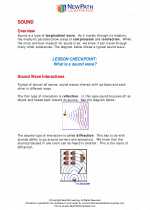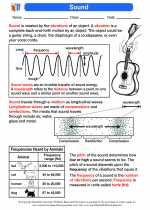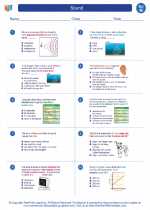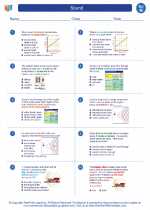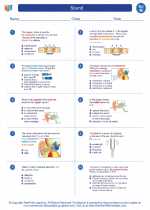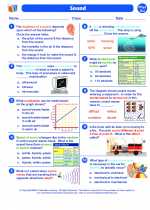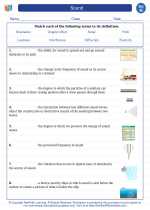Sound -> circulation
Circulation
Circulation is the process by which blood is pumped around the body, delivering oxygen and nutrients to the cells and removing waste products. It involves the heart, blood vessels, and blood.
Components of Circulatory System
- Heart: The muscular organ that pumps blood throughout the body.
- Blood vessels: The network of tubes that carry blood to and from the heart, including arteries, veins, and capillaries.
- Blood: The fluid that carries oxygen, nutrients, and waste products around the body.
Functions of Circulation
The circulatory system performs several important functions:
- Transport: It transports oxygen, nutrients, hormones, and waste products to and from the cells.
- Regulation: It helps regulate body temperature, pH levels, and fluid balance.
- Protection: It plays a role in the immune response and helps clot blood to prevent excessive bleeding.
Types of Circulation
There are two main types of circulation:
- Pulmonary circulation: The flow of blood between the heart and the lungs, where oxygen is picked up and carbon dioxide is released.
- Systemic circulation: The flow of blood between the heart and the rest of the body, delivering oxygen and nutrients and removing waste products.
Disorders of Circulation
Disruptions to the circulatory system can lead to various disorders, such as:
- Hypertension: High blood pressure, which can strain the heart and blood vessels.
- Coronary artery disease: Narrowing of the arteries that supply blood to the heart, leading to chest pain and heart attacks.
- Stroke: Blockage or rupture of blood vessels in the brain, leading to brain damage.
Study Guide
When studying circulation, it is important to focus on the following key points:
- Understand the structure and function of the heart, blood vessels, and blood.
- Learn the pathways of pulmonary and systemic circulation.
- Identify the major disorders and diseases related to circulation.
- Understand the importance of a healthy circulatory system for overall health and well-being.
By mastering these concepts, you will have a solid understanding of circulation and its significance in the human body.
